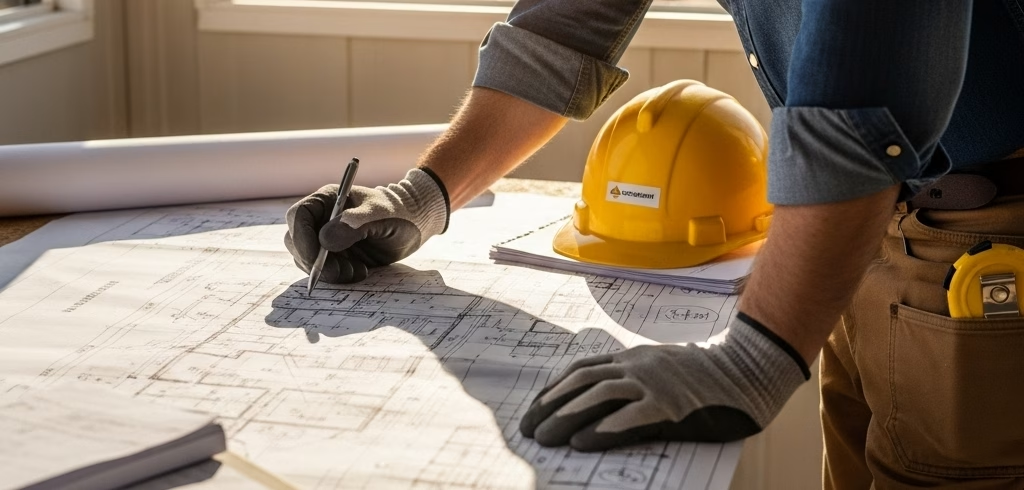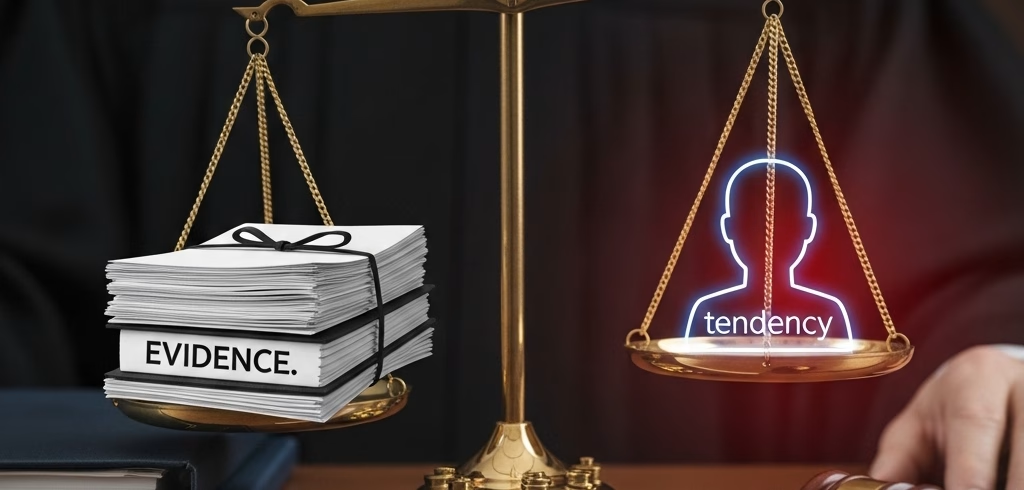Civil litigation proceedings provide a structured legal framework for resolving disputes in New South Wales. The civil litigation process follows a defined path, typically through the Local Court (claims up to $100,000) or District Court (claims up to $1,250,000). The Supreme Court has jurisdiction for claims over $750,000 and cases involving urgent instructions, complex legal issues, and equitable relief.
Below is a breakdown of civil litigation procedures, outlining the responsibilities and options available to both plaintiffs and defendants.
For Plaintiffs in Civil Litigation (The Party Commencing Proceedings)
1. Letter of Demand
Before commencing civil litigation, the plaintiff (e.g. a creditor) will usually issue a Letter of Demand. This is a formal written request for payment or compliance with an obligation. It typically includes:
- Details of the claim or debt
- A deadline for response (commonly 7–14 days)
- Notice that legal proceedings may follow if the matter is not resolved
While not legally required, a Letter of Demand often encourages resolution without the need for court action. When drafted and signed by a lawyer, it carries significantly more weight. A formal letter from a legal representative shows the opposing party that you are serious, understand your legal rights, and are prepared to escalate the matter if necessary. This often compels a more prompt and considered response than if the letter were sent personally. It also reduces the likelihood of your position being ignored or dismissed, making early settlement far more achievable.
2. Filing a Statement of Claim
If no resolution is reached, the plaintiff may initiate civil litigation by filing a Statement of Claim in the appropriate court. This document outlines:
- The identity of the parties
- The basis of the claim (causes of action)
- The alleged conduct of the defendant
- The remedy or damages sought
A filing fee is payable, and the claim must be filed and served on the defendant within six months of filing.
3. Service of the Statement of Claim
Proper service is crucial in civil litigation. Documents may be served:
To individuals: by personal service, or in some cases by substituted service (with court approval)
To companies: by post to the registered office or principal place of business
Incorrect service may delay or invalidate the proceedings.
4. Applying for Default Judgment
If the defendant fails to file a Defence within 28 days of service, the plaintiff can apply for a default judgment. This is a court order granting the full amount of the claim, without a hearing.
5. Reply to Defence or Cross-Claim
If a Defence or Cross-Claim is filed, the plaintiff may respond with a Reply, clarifying legal or factual issues and addressing new matters raised by the defendant.
For Defendants in Civil Litigation (The Party Responding to a Claim)
1. Receiving a Statement of Claim
Once served with a Statement of Claim in civil litigation, the defendant must act promptly. There is a strict 28-day deadline to respond by filing a defence and/or a cross-claim.
Ignoring the claim or missing the deadline can result in default judgment being entered against you, meaning the court may decide the case without hearing your side.
Engaging a lawyer as soon as you’re served is essential, not just in the final days before the deadline. Early legal advice allows time to assess the strength of the claim, gather relevant documents, and consider strategic options such as negotiating a resolution, requesting further particulars, or applying to strike out the claim. Waiting until the deadline is about to expire limits your options and increases the risk of procedural mistakes. By engaging a lawyer early, you preserve control and improve your chances of a favourable outcome from the outset.
2. Filing a Defence in Civil Litigation
The defendant may file a Defence, admitting or denying the allegations, and raising any relevant legal arguments. If no Defence is filed, the plaintiff can apply for default judgment.
A lawyer plays a vital role in drafting a strong, properly structured Defence in civil litigation. Legal representation ensures that your responses are clear, complete, and compliant with court rules. A lawyer can also identify and raise relevant legal defences you may not be aware of, helping to narrow or even defeat the plaintiff’s claim early in the proceedings.
3. Filing a Cross-Claim (if applicable)
If the defendant believes they have a claim against the plaintiff or a third party, they may file a Cross-Claim. This is a separate but related claim that may be determined alongside the main proceedings, and it allows you to seek damages or another remedy as part of the same proceeding.
Engaging a lawyer is essential to determine whether you have a valid Cross-Claim and how to properly present it. Lawyers can draft the Cross-Claim to align with your Defence strategy, avoid procedural pitfalls, and ensure that your rights to claim against other parties are preserved. Without legal guidance, there is a risk of missing your opportunity to bring the claim or presenting it in a way that weakens your position.
4. Preparing for Conference and Hearing
Once a Defence or Cross-Claim is filed, the matter will proceed to pre-trial processes, including conferences and potentially a court hearing.
Joint Civil Litigation Procedures After Initial Pleadings
1. Pre-Trial Conference
A Pre-Trial Conference is scheduled to:
- Clarify legal and factual issues
- Encourage settlement or ADR
- Set a case timetable to guide the next steps
Both parties must attend and be prepared to discuss the progress of the case.
2. Status Conference
Held after the Statement of Claim was filed, the Status Conference is before a court registrar. It confirms:
- Whether the case is ready for a hearing or arbitration
- Any outstanding procedural matters
- Compliance with court directions
3. Hearing or Arbitration
Hearing: A formal trial before a judge, where evidence is presented and a binding judgment is delivered.
Arbitration: In certain matters (especially in the Local Court), the dispute may be referred to arbitration, a streamlined process before a court-appointed arbitrator.
4. Enforcement of Judgment
If a party obtains a judgment in their favour, they may enforce it through:
- Garnishee orders (e.g. from wages or bank accounts)
- Writ for Levy of Property
- Examination Orders to assess the debtor’s ability to pay
Alternative Dispute Resolution in Civil Litigation
Civil litigation proceedings are not always necessary, or advisable. ADR can often lead to faster, more cost-effective, and less adversarial outcomes. It includes:
1. Negotiation
Direct communication between parties (with or without legal representatives), aiming for an informal resolution.
2. Mediation
An independent mediator helps the parties reach a mutually acceptable agreement. Mediation is commonly court-recommended or court-ordered before a trial.
3. Settlement
A matter can be resolved at any time through a formal terms of settlement agreement. Settling early can reduce legal costs and avoid the stress of court.
Courts strongly encourage ADR and may impose costs penalties on parties who refuse to participate in it without a valid reason.
Need Legal Advice?
Whether you’re considering commencing proceedings or have been served with a claim, Citilawyers can guide you through every stage of the civil litigation process, from initial advice to hearings and enforcement. We also offer representation in negotiation, mediation, and settlement discussions.
Contact us today to speak with our solicitor about your rights and options.





